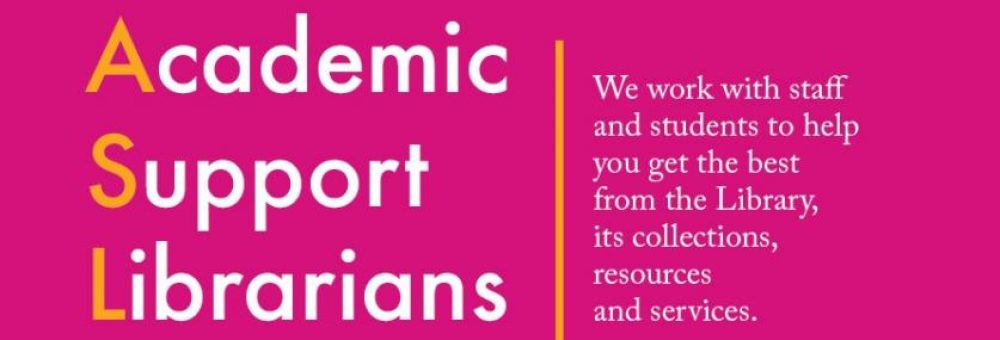
Computer17293866, CC BY-SA 4.0 , via Wikimedia Commons
On Tuesday 18 June, I flew half way around the world to attend the Atla conference in Long Beach, California. There were two questions that Atla delegates asked me that I had to pause and think about to answer. The first was ‘Why did you come such a long way to attend this conference?’ (the second was ‘Are you the library director? – well … no.). To answer the first, I was able to attend the Atla 2024 conference due to a generous travel grant from Atla itself, support from BETH (European Theological Libraries) and support from ABTAPL UK & Ireland. I was attending as a UK representative of BETH, but I also wanted to attend because of the unique theological library context, and because attending an international conference is a great learning experience. As at professional development events in the UK, AI dominated the agenda – here are some conference highlights.





 Main Library
Main Library



 Noreen and Kenneth Murray Library
Noreen and Kenneth Murray Library






